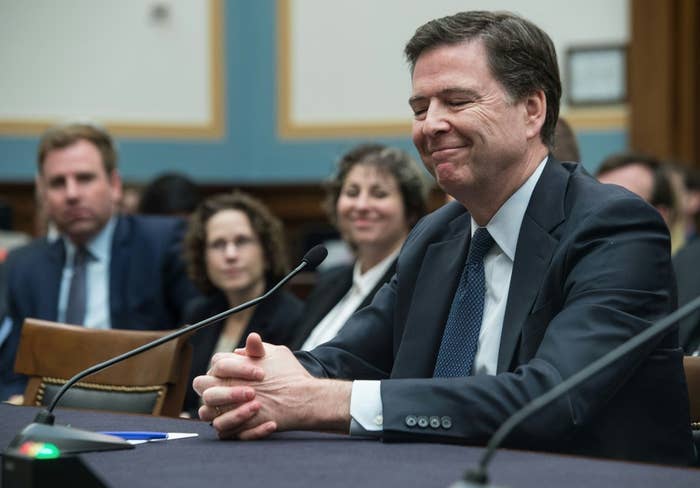
Apple’s attorneys remained confident in their challenge against the U.S. government Tuesday, rejecting the demands of the FBI that the company help break into an encrypted device used by one of the shooters behind the San Bernardino terrorist attack last year.
In its latest filing, Apple urged judge Sheri Pym to remove her order compelling the company to assist government technicians, arguing that the government’s interpretation of the law would have appalled the founders of the Constitution and the authors of the All Writs Act, an 18th-century statute that the Justice Department has invoked to force Apple’s hand.
“The government attempts to rewrite history by portraying the Act as an all-powerful magic wand rather than the limited procedural tool it is,” Apple’s lawyers wrote.
In a call with reporters Tuesday evening, Apple’s attorneys pushed back hard on the government’s own filing last week, which Apple described at the time as part of a “smear campaign” to vilify the company.
Apple's lawyers ridiculed what they saw as the government’s reckless and uninformed view on data security. They also harshly criticized the case law cited by the Justice Department, which the lawyers said failed to come close to the circumstances of the San Bernardino iPhone case.
Apple’s attorneys pointed to the statements of Obama administration officials, which at times appear contradictory on the issue of encryption and consumer privacy. In its filing, Apple used the inconsistent messaging to argue that consumer encryption is part of an ongoing and unsettled policy debate playing out in Washington, one that should not be defined by prosecutors, but by the public and its elected representatives.
Apple also called attention to the Obama administration’s decision, last October, to not seek legislation that would mandate the weakening or altering of encryption products. That decision, Apple’s lawyers wrote, “provides renewed confirmation that Congress has not acceded to the FBI’s wishes, and belies the government’s view that it has possessed such authority under the All Writs Act since 1789.”
The crucial decision of the FBI to reset the Apple ID password associated with the San Bernardino iPhone was also seized on by Apple's lawyers. Apple insists that had the password not been reset by San Bernardino County, at the direction of the FBI, a backup of the phone’s contents could have been made once the iPhone connected to a trusted Wi-Fi network. Earlier this month, FBI Director James Comey described the password reset as a “mistake,” but in its latest filing, the Justice Department said the move was a “reasoned decision.”
“The Justice Department’s shifting, contradictory positions on this issue—first blaming the passcode change on the County, then admitting that the FBI told the County to change the passcode ... and now trying to justify the decision in the face of Director Comey’s admission that it was a mistake — discredits any notion that the government properly exhausted all viable investigative alternatives before seeking this extraordinary order from this Court.”
Apple’s latest filing will be the last between the company and the Justice Department before the two square off in front of Judge Sheri Pym during a hearing to discuss the court order next week.
In a statement provided to BuzzFeed News, a spokesperson for the Justice Department responded to Apple’s brief: “As we have said in our filings, the Constitution and the three branches of the federal government should be entrusted to strike the balance between each citizen's right to privacy and all citizens' right to safety and justice. The Constitution and the laws of the United States do not vest that power in a single corporation.”
